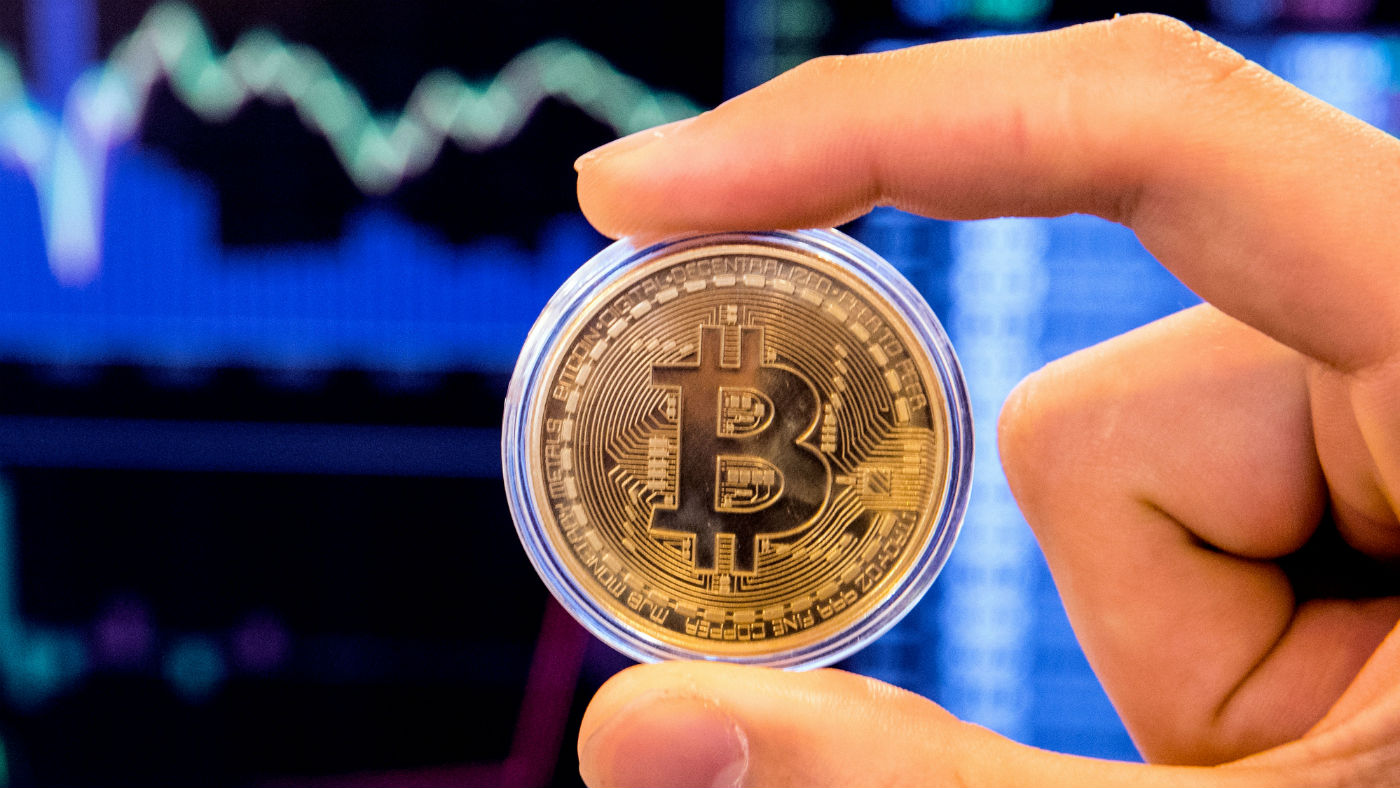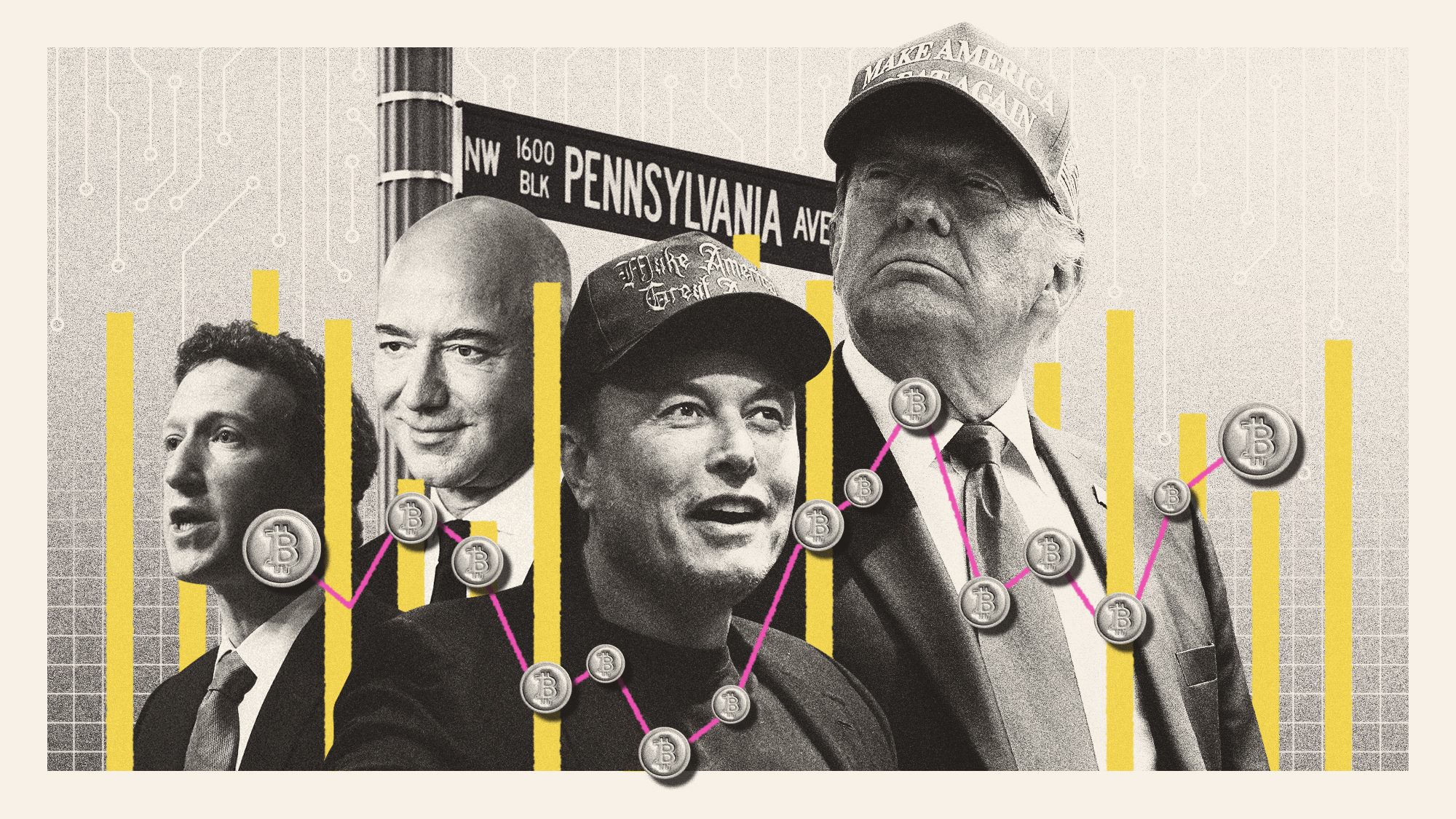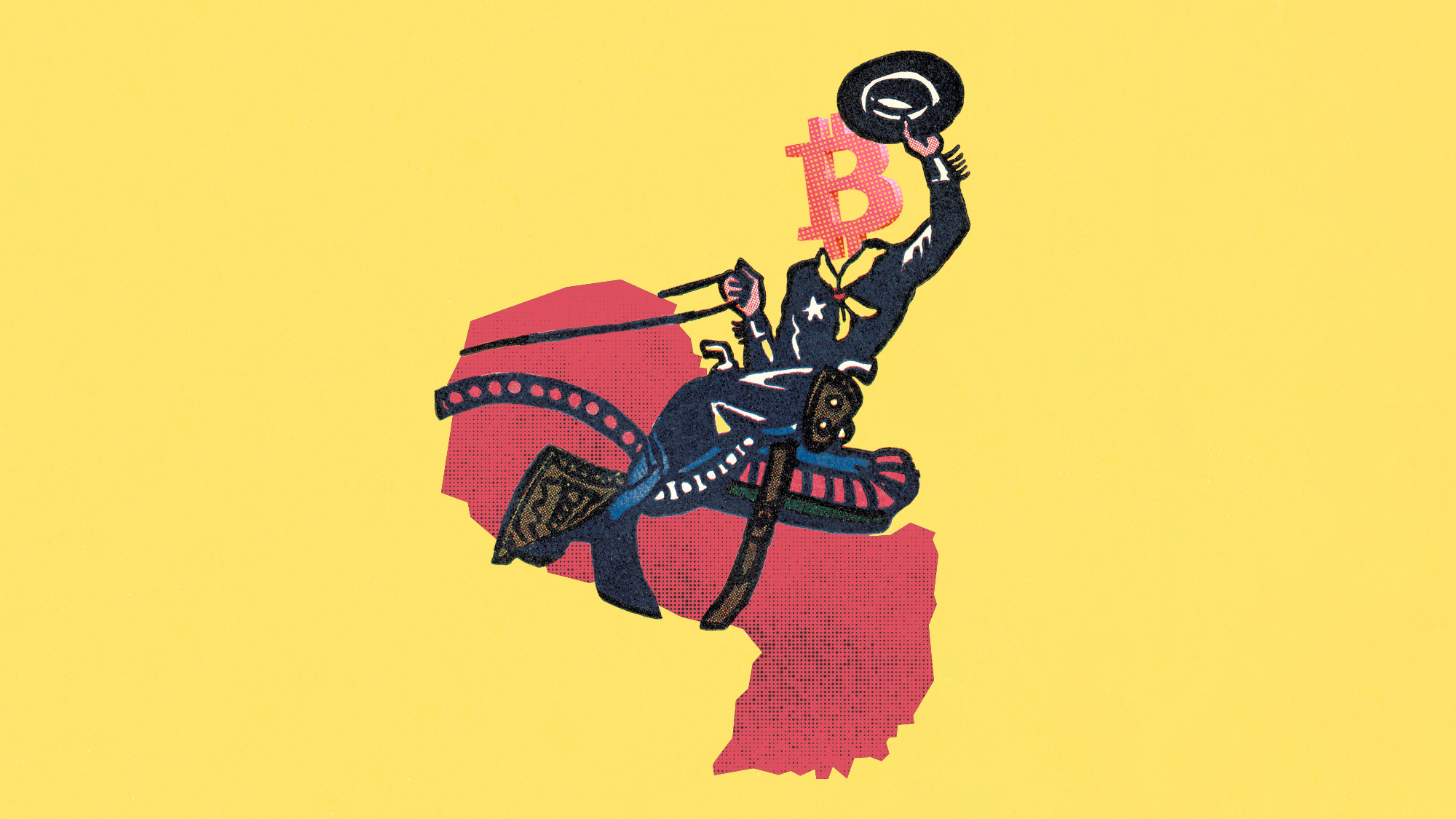Bitcoin: Lloyds bans credit card purchases
Huge drop in cryptocurrency’s value prompts fears customers will be unable to pay debts

A free daily email with the biggest news stories of the day – and the best features from TheWeek.com
You are now subscribed
Your newsletter sign-up was successful
Banks on both sides of the Atlantic have banned the use of credit cards to buy Bitcoin, fearing their customers could get into debt as the value of the crypto-currency plunges down.
Lloyds Banking Group, Britain’s biggest lender, has followed US banking giants JP Morgan Chase and Citigroup in prohibiting the buying of virtual currencies, amid growing concern surrounding the volatility of the cryptocurrency market.
Reuters reports that, Mastercard, the world’s second biggest payments network, “said customers buying cryptocurrencies with credit cards fuelled a 1% increase in overseas transaction volumes in the fourth quarter”.
The Week
Escape your echo chamber. Get the facts behind the news, plus analysis from multiple perspectives.

Sign up for The Week's Free Newsletters
From our morning news briefing to a weekly Good News Newsletter, get the best of The Week delivered directly to your inbox.
From our morning news briefing to a weekly Good News Newsletter, get the best of The Week delivered directly to your inbox.
Bitcoin, the biggest and best known virtual currency, has lost more than half its peak value of $19,187 per Bitcoin since the turn of the year. Warnings by regulators and ministers in the US, South Korea, China, Russia, India, Germany and France spooked investors.
It is believed that hundreds of thousands of Britons invested in Bitcoin last year during its extraordinary 13-fold increase, “and banks now fear they could end up footing the bill for unpaid debt should the price fall any lower”, says The Daily Telegraph.
According to the paper, credit card customers of Lloyds, Halifax, Bank of Scotland and MBNA will be blocked from buying the cryptocurrency online via a blacklist which will flag up sellers, and other banks are expected to follow suit. Customers will still be able to buy digital currencies with debit cards.
Lloyds’s decision “appears to set a new precedent in banking”, says the BBC’s personal finance reporter Brian Milligan, and effectively equates buying Bitcoin with gambling.
A free daily email with the biggest news stories of the day – and the best features from TheWeek.com
Speaking at the World Economic Forum in Davos last month, Theresa May said Britain needed to take a serious look at digital currencies because of the way they can be used by criminals to trade drugs and launder money, Reuters reports.
Last week, Facebook banned adverts for Bitcoin and other crypto-currencies on its sites after criticism from users about scams and hoaxes being promoted in their newsfeeds.
-
 The week’s best photos
The week’s best photosIn Pictures An Andean god, a rogue squirrel, and more
-
 ‘Zero trimester’ influencers believe a healthy pregnancy is a choice
‘Zero trimester’ influencers believe a healthy pregnancy is a choiceThe Explainer Is prepping during the preconception period the answer for hopeful couples?
-
 AI surgical tools might be injuring patients
AI surgical tools might be injuring patientsUnder the Radar More than 1,300 AI-assisted medical devices have FDA approval
-
 Bitcoin braces for a quantum computing onslaught
Bitcoin braces for a quantum computing onslaughtIN THE SPOTLIGHT The cryptocurrency community is starting to worry over a new generation of super-powered computers that could turn the digital monetary world on its head.
-
 The noise of Bitcoin mining is driving Americans crazy
The noise of Bitcoin mining is driving Americans crazyUnder the Radar Constant hum of fans that cool data-centre computers is turning residents against Trump's pro-cryptocurrency agenda
-
 What Trump's win could mean for Big Tech
What Trump's win could mean for Big TechTalking Points The tech industry is bracing itself for Trump's second administration
-
 Paraguay's dangerous dalliance with cryptocurrency
Paraguay's dangerous dalliance with cryptocurrencyUnder The Radar Overheating Paraguayans are pushing back over power outages caused by illegal miners
-
 Sam Bankman-Fried found guilty: where does crypto go from here?
Sam Bankman-Fried found guilty: where does crypto go from here?Today's Big Question Conviction of the 'tousle-haired mogul' confirms sector's 'Wild West' and 'rogue' image, say experts
-
 Millionaire ‘mugged’ of bitcoin fortune by masked raiders
Millionaire ‘mugged’ of bitcoin fortune by masked raidersfeature Co-founder of ‘Spanish Facebook’ says he was tortured into revealing cryptocurrency passwords
-
 How cybercriminals are hacking into the heart of the US economy
How cybercriminals are hacking into the heart of the US economySpeed Read Ransomware attacks have become a global epidemic, with more than $18.6bn paid in ransoms in 2020
-
 Language-learning apps speak the right lingo for UK subscribers
Language-learning apps speak the right lingo for UK subscribersSpeed Read Locked-down Brits turn to online lessons as a new hobby and way to upskill